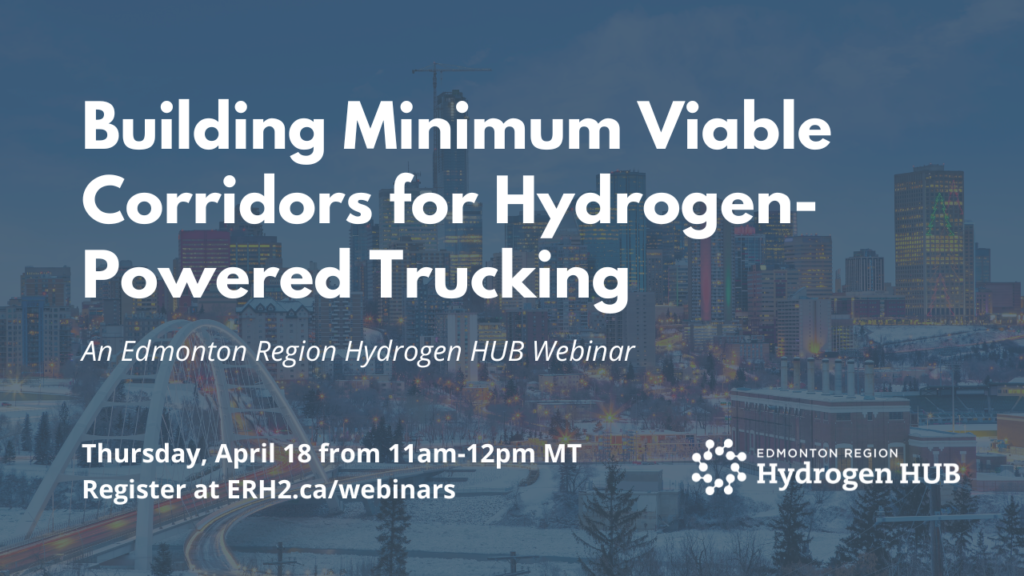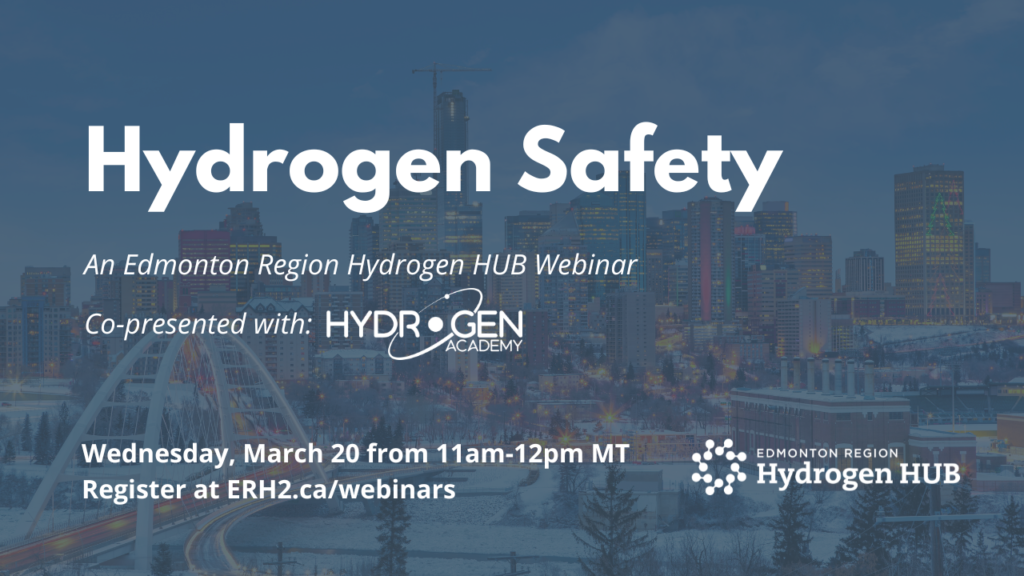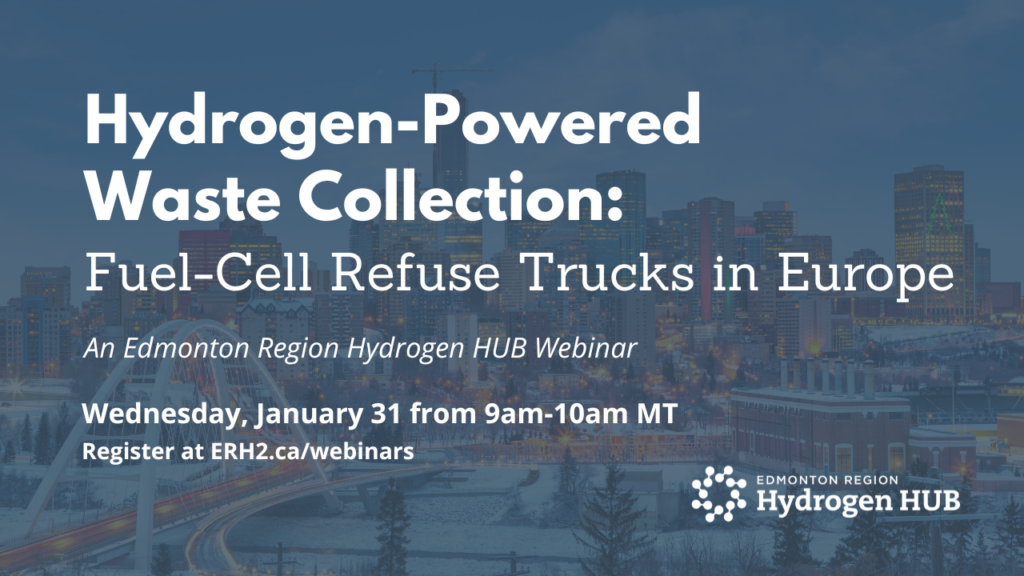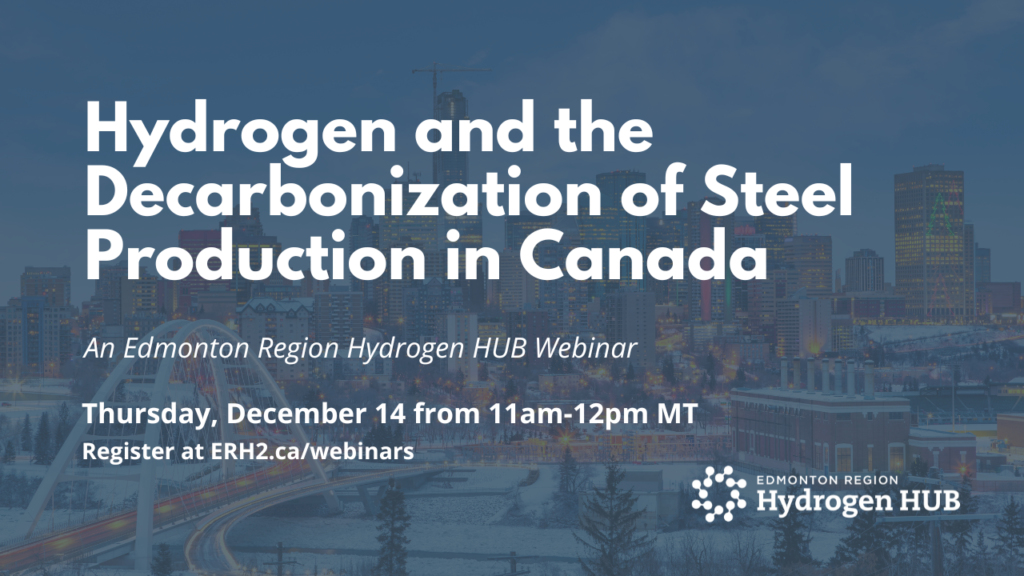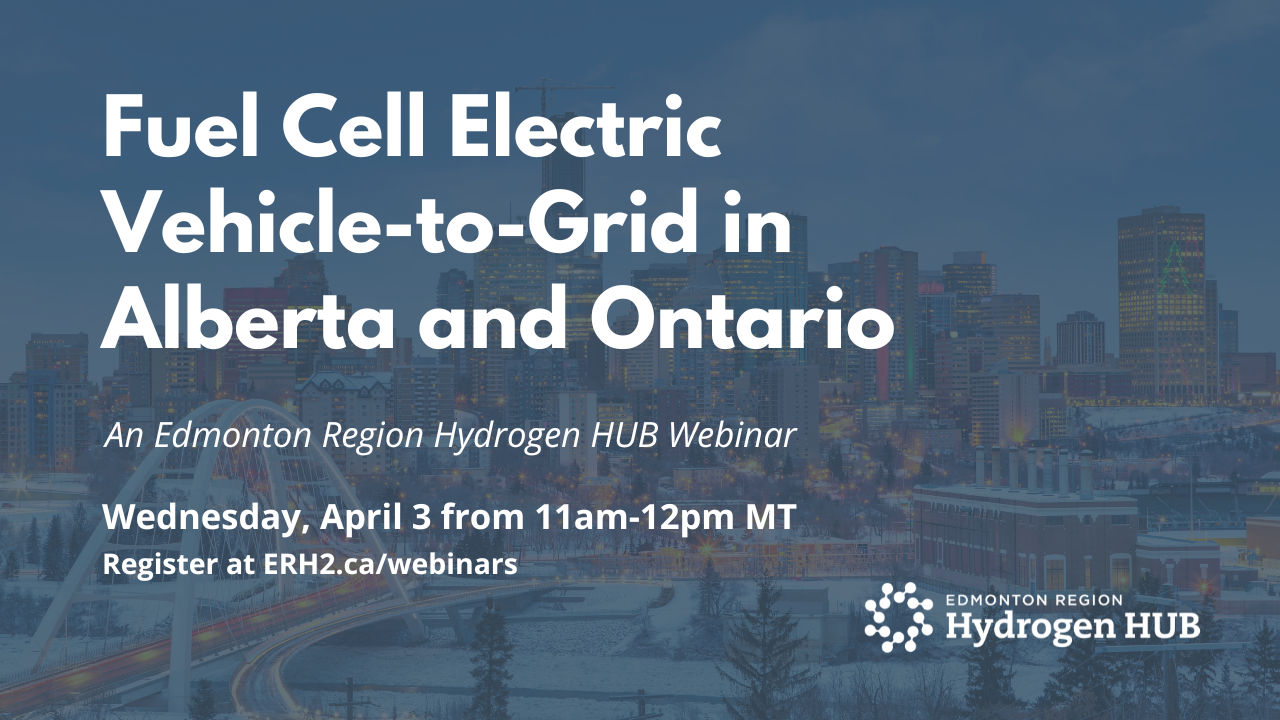
Fuel Cell Electric Vehicle-to-Grid in Alberta and Ontario
Wednesday, April 3, 2024
11am – 12pm MT
Presenters:
Daniel Ding, University of Waterloo
XiaoYu Wu, Assistant Professor, University of Waterloo
Moderator:
Bryan Helfenbaum, Associate Vice President of Clean Energy, Alberta Innovates
Fuel cell electric vehicle-to-grid (FCEV2G) can utilize idling fuel cells to reduce the cost of storing grid energy into hydrogen for transferring grid load. By strategically determining the time and scale of energy conversion, we can optimize the profit and carbon reduction of FCEV2G under different electricity mixes and traffic conditions. By using price and carbon data of electricity mixes in Alberta and Ontario, we find that FCEV2G has a considerable potential of generating profits and reducing carbon emissions in Alberta, while the same will be true in Ontario after key technological improvements.
About the Presenters
Daniel Ding is a Master of Applied Science in Mechanical and Mechatronics Engineering from University of Waterloo. He has a great interest and specializes in green energy transition and decarbonization. His research is on data analysis and operational optimization for facilitating the economic transition to a greener future.
Dr. XiaoYu Wu is an assistant professor in the Department of Mechanical and Mechatronics Engineering at the University of Waterloo, and an associate director of Waterloo Institute for Sustainable Aeronautics. His research group, Greener Production Group, combines expertise in system optimization and techno-economics for energy conversion and chemical production, such as hydrogen and ammonia conversion, energy storage, and membrane separation. Dr. Wu serves on the Editorial Board for the International Journal of Green Energy and is an Associate Editor for Frontiers in Energy Research.
About the Moderator
Bryan Helfenbaum is the Associate Vice President of Clean Energy at Alberta Innovates, where he oversees programs in Clean Technology and Advanced Hydrocarbons with key initiatives in hydrogen, CCUS, digital energy, methane emissions reduction, energy storage, grid modernization, critical minerals, and bitumen beyond combustion. Prior to joining AI, he spent 20 years in a variety of technical, business, and innovation roles in the private sector. Bryan has been a theme lead for the Clean Resources Innovation network and a Fellow/Ambassador with the Energy Futures Lab. Bryan’s passion for innovation extends outside the office, where he has taught courses at the University of Calgary and worked on innovative community residential development projects. Bryan has a Bachelor’s degree in Environmental Engineering from the University of Waterloo and a Master’s degree in Business Administration, with a specialization in Global Energy Management & Sustainability, from the University of Calgary.
Previous Webinars
